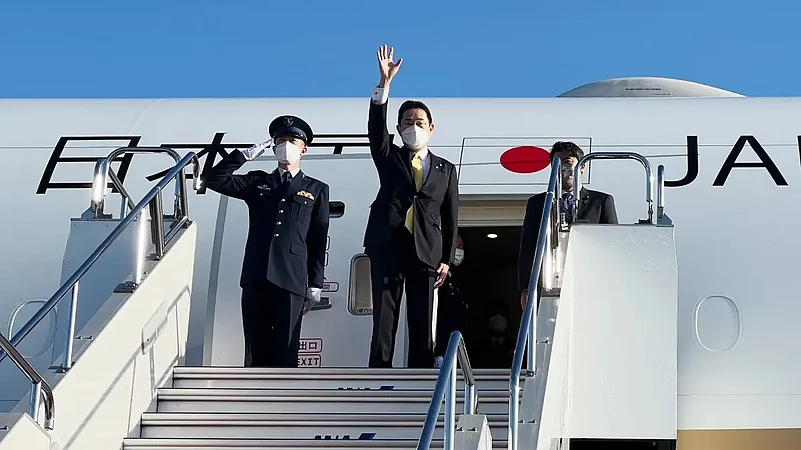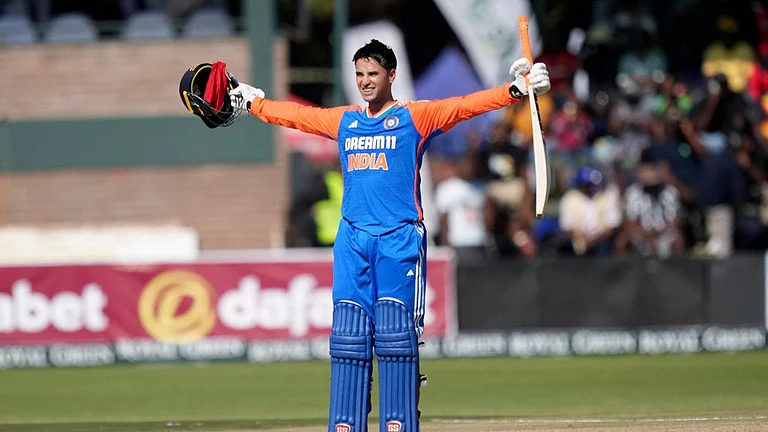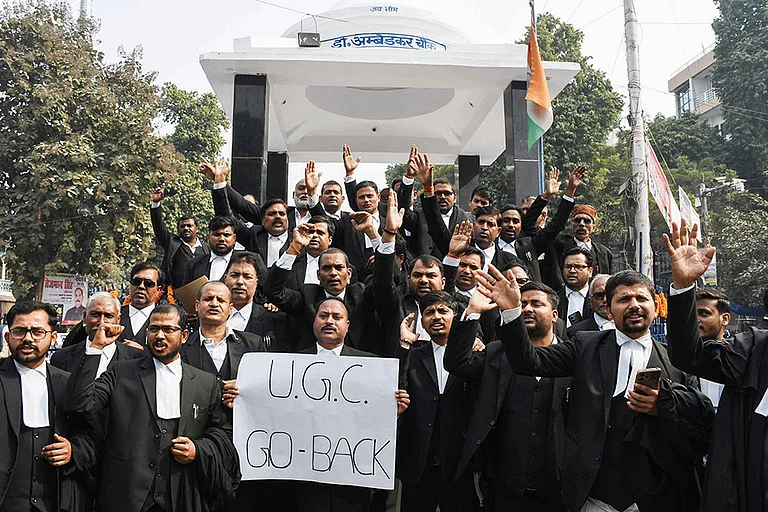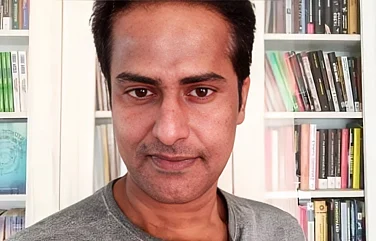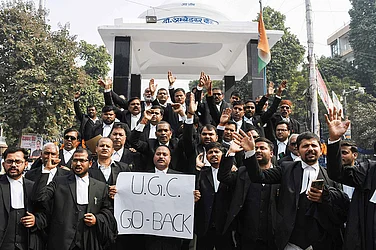Japanese Prime Minister Kishida Fumio is on his first visit to India as prime minister, during which he will participate in the 14th India-Japan Annual Summit.
Kishida’s visit to India is interesting as it takes place in the midst of the Ukraine crisis and multiple high-level deliberations between members of the Quad group, of which both India and Japan are members.
Ukraine will be a key subject in India-Japan discussions along with a vision for a post-COVID world in which countries will have to figure out how to navigate development objectives and national as well as regional security considerations.
This will also be the first annual summit between leaders of the two countries since 2018, as the summit in 2019 scheduled to take place in Guwahati was cancelled because of violent protests against the Citizenship (Amendment) Act in Assam. The summit could not be organised in 2020 and 2021 because of COVID-19.
Here is all you need to know about the international context of the visit, its significance, and the economic relationship of India and Japan that is set to get a boost with the visit.
How does the current international scenario make this visit significant?
The Russian invasion of Ukraine led major world powers to reconsider not just their bilateral relationships with Russia but also their long-standing national security and economic doctrines.
New Delhi has called for cessation of hostilities between Russia and Ukraine and the continuation of dialogue to end the conflict at the earliest. Prime Minister Narendra Modi has had multiple rounds of talks with both Presidents Vladimir Putin and Volodymyr Zelenskyy. But there has not been any outright condemnation of Russia.
On the contrary, the United States has spearheaded the global condemnation of Russia, Australia has called for Russia to become a “pariah state” and Japan has said the country “stands with Ukraine”. There is pressure on India to align closer with Quad partners in its approach to Russia.
The events in Ukraine, along with the larger churn in international relations since the beginning of the COVID-19 pandemic, have set the stage for Kishida Fumio’s visit.
Interestingly, this visit comes within weeks of an out-of-turn virtual Quad leaders’ meeting. Moreover, an India-Australia leaders’ level summit is also scheduled for March 21 – just a day after Kishida’s trip.
What has Japan said about the visit so far?
Japanese Prime Minister Kishida Fumio set the tone for his visit before leaving for India. He called the Russian invasion of Ukraine “an outrage that undermines the very foundation of the order of the international community, including Asia” and added that he will exchange views on the Ukraine crisis.
He further said, “With Prime Minister Modi of India, I plan to confirm our intention to work towards the success of the Quad summit meeting among the leaders of Japan, India, Australia, and the United States to be held in Tokyo within the next few months, as well as our cooperation to realise a free and open Indo-Pacific.”
In an article for The Indian Express, Kishida wrote that realisation of “a new age of capitalism” is his key objective and India is the “best partner” for it. Moreover, he called the Russian invasion of Ukraine as “undermining the very foundation of the global order”.
He added, “During this visit I am looking forward to engaging with Prime Minister Modi in a frank exchange of opinions on how to crystallise the vision for a ‘Free and Open Indo-Pacific’ based on the rule of law.”
The discussions will also involve building of resilient supply chains, reform of international organisations to reflect realities of the evolving world, and challenges in the domains of cybersecurity and climate change.
Japanese Prime Minister expected to announce investment of up to $42 billion in India
Prime Minister Kishida Fumio is expected to announce Japanese investments in India to the tune of $42 billion, according to a report in Japanese newspaper Nikkei Asia.
Japan is a major economic and development partner of India and some of the most high-profile Indian projects have had significant Japanese involvement. India was among the first recipients of Japan’s Official Development Assistance (ODA) loans when the program began in 1950s. Since then, India has become the largest recipient of ODA loans.
ODA loans are long-term loans with very low interest rates extended to developing countries.
Delhi Metro is among the most successful examples of such a partnership. Moreover, the upcoming high-speed rail network in India also has Japanese ODA involvement. Some other major projects with Japanese assistance have been:
- Yamuna Action Plan
- Dedicated Freight Corridor
- Bengaluru metro project
- Water supply and sewerage projects in Assam
- Uttarakhand Forest Resource Management Project






